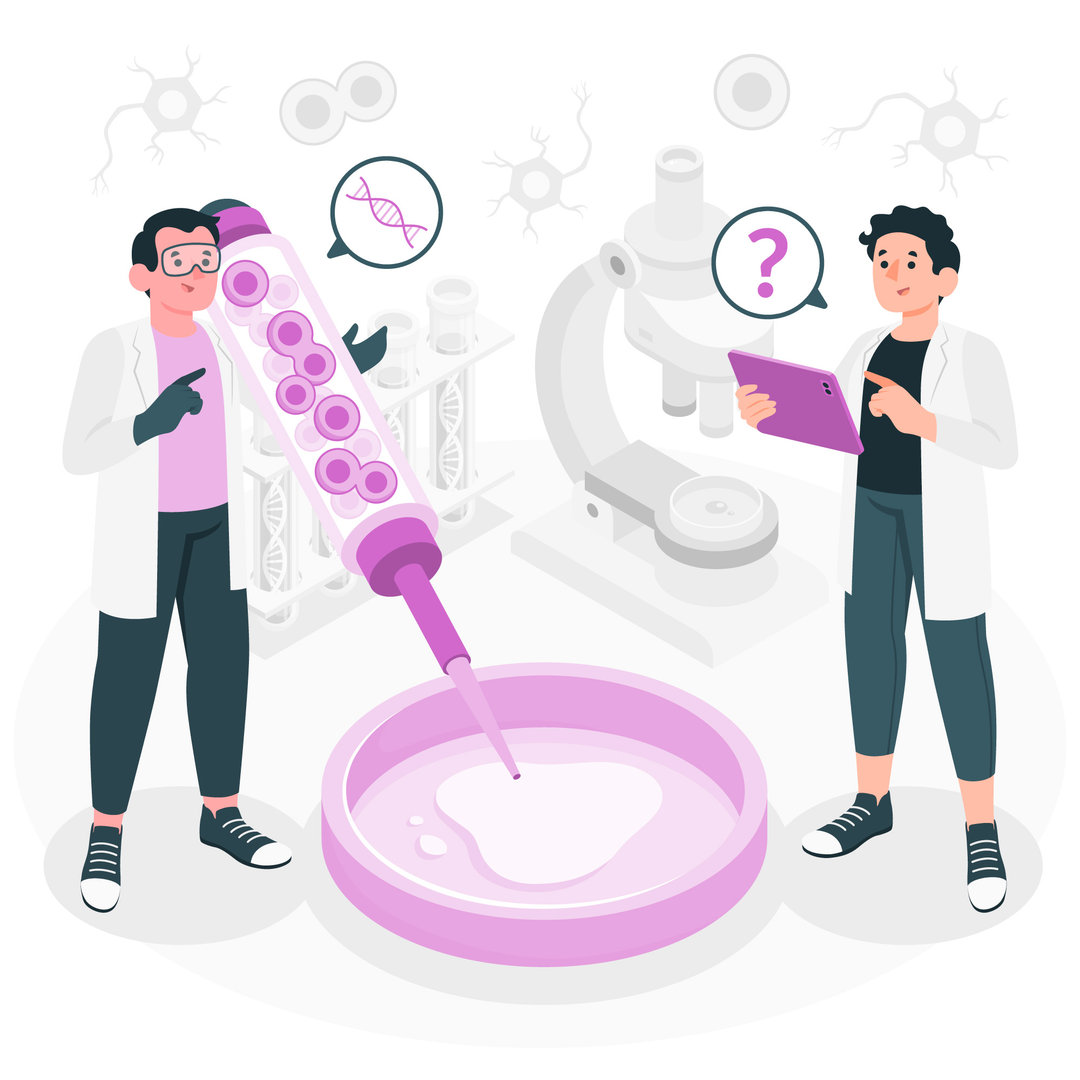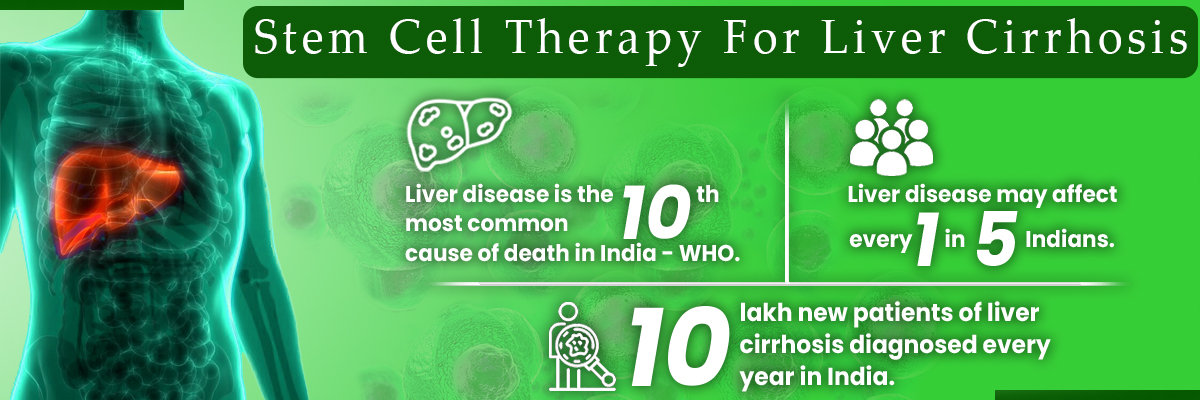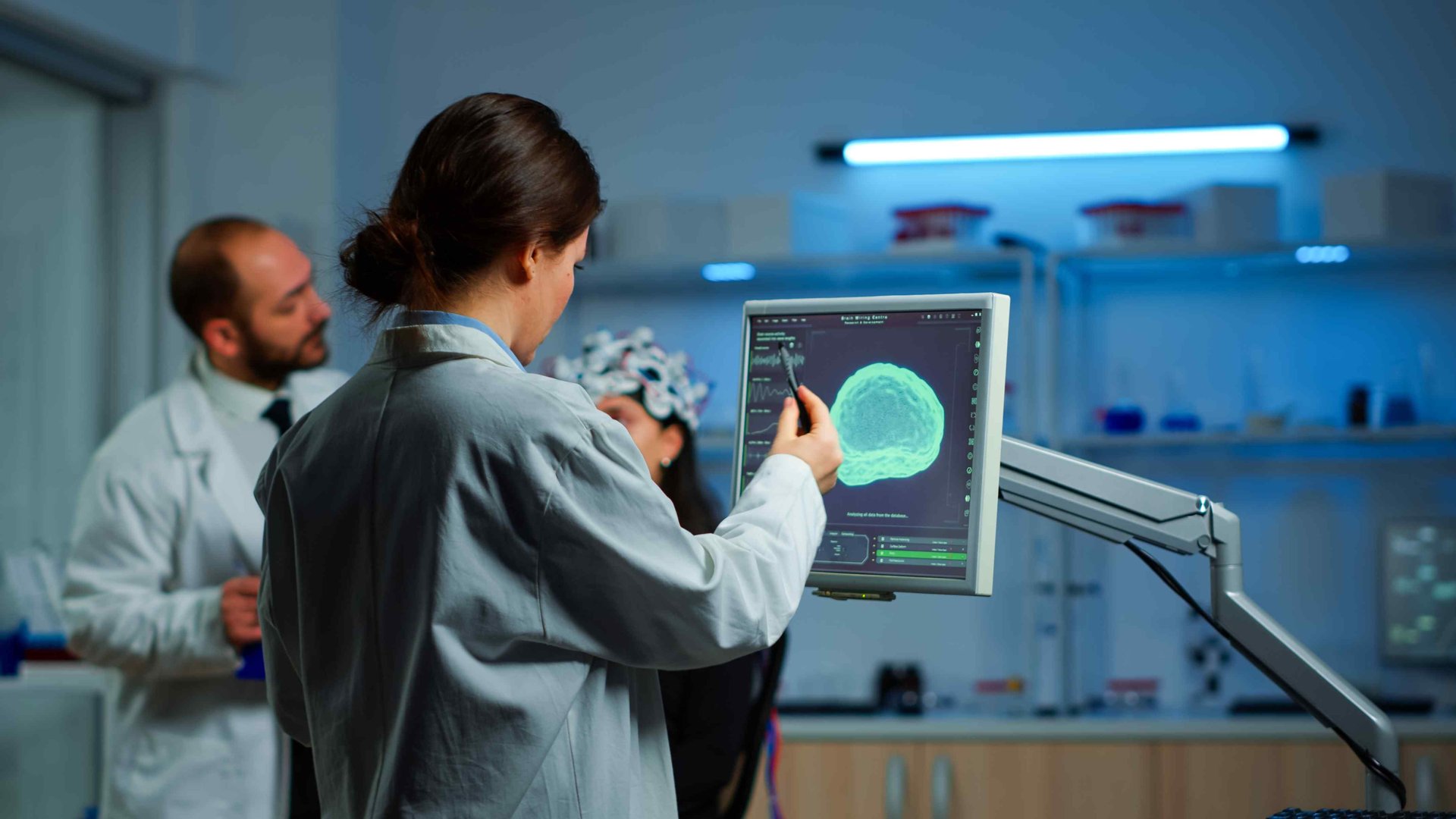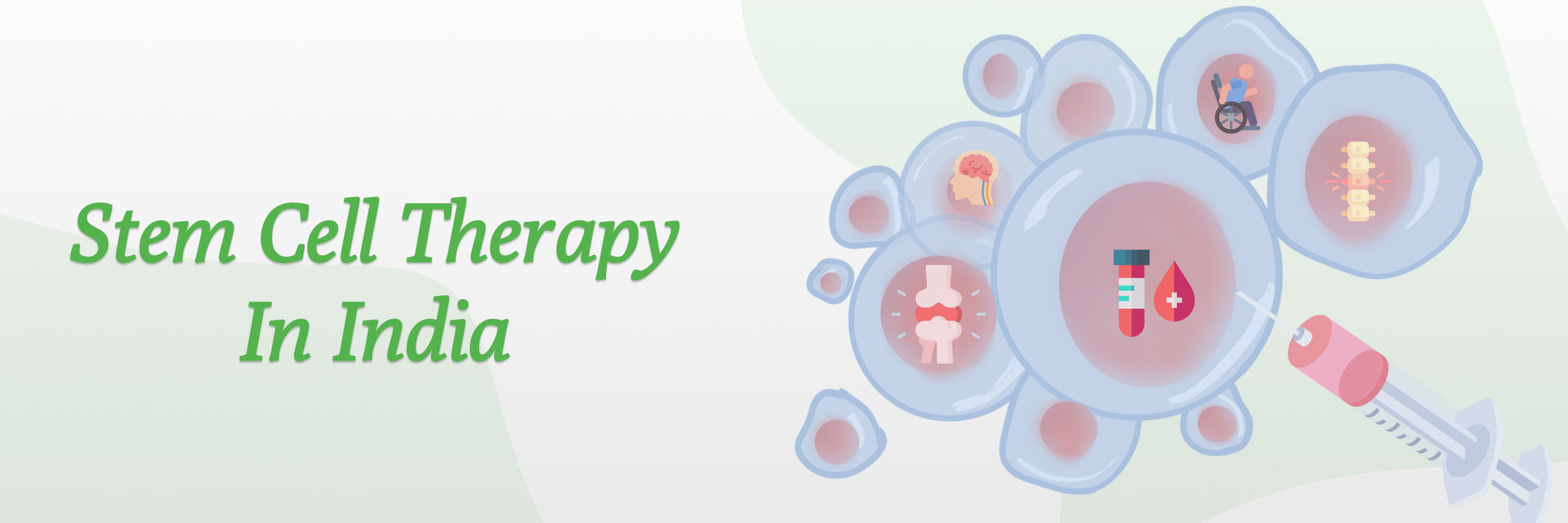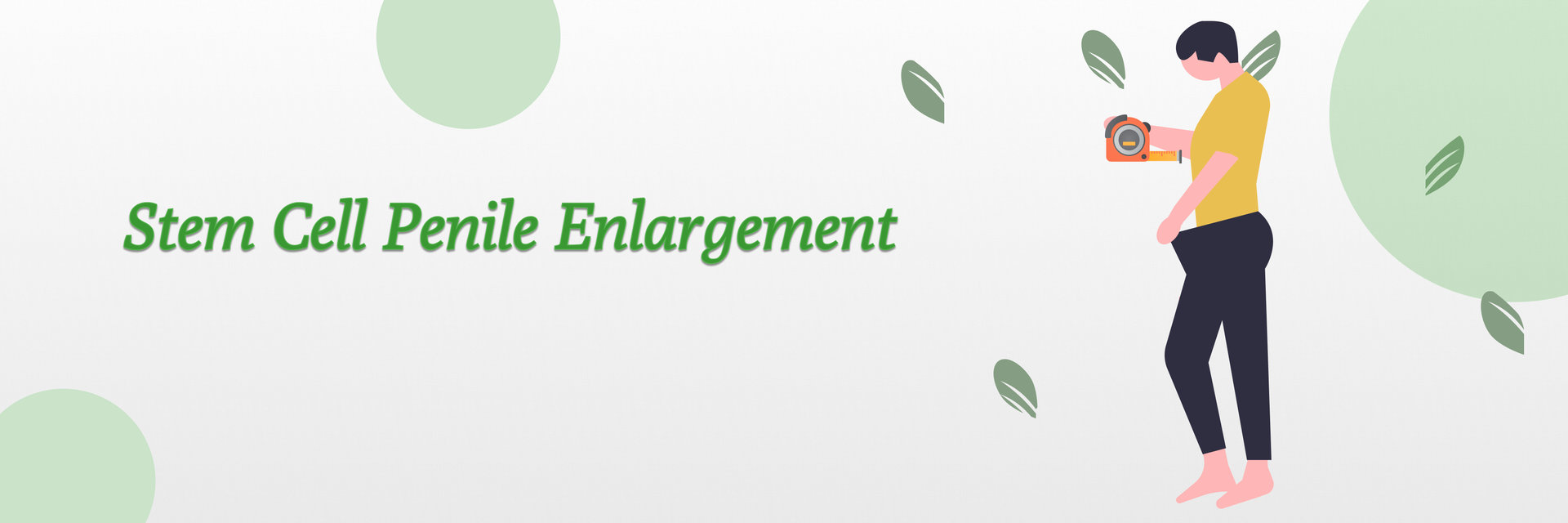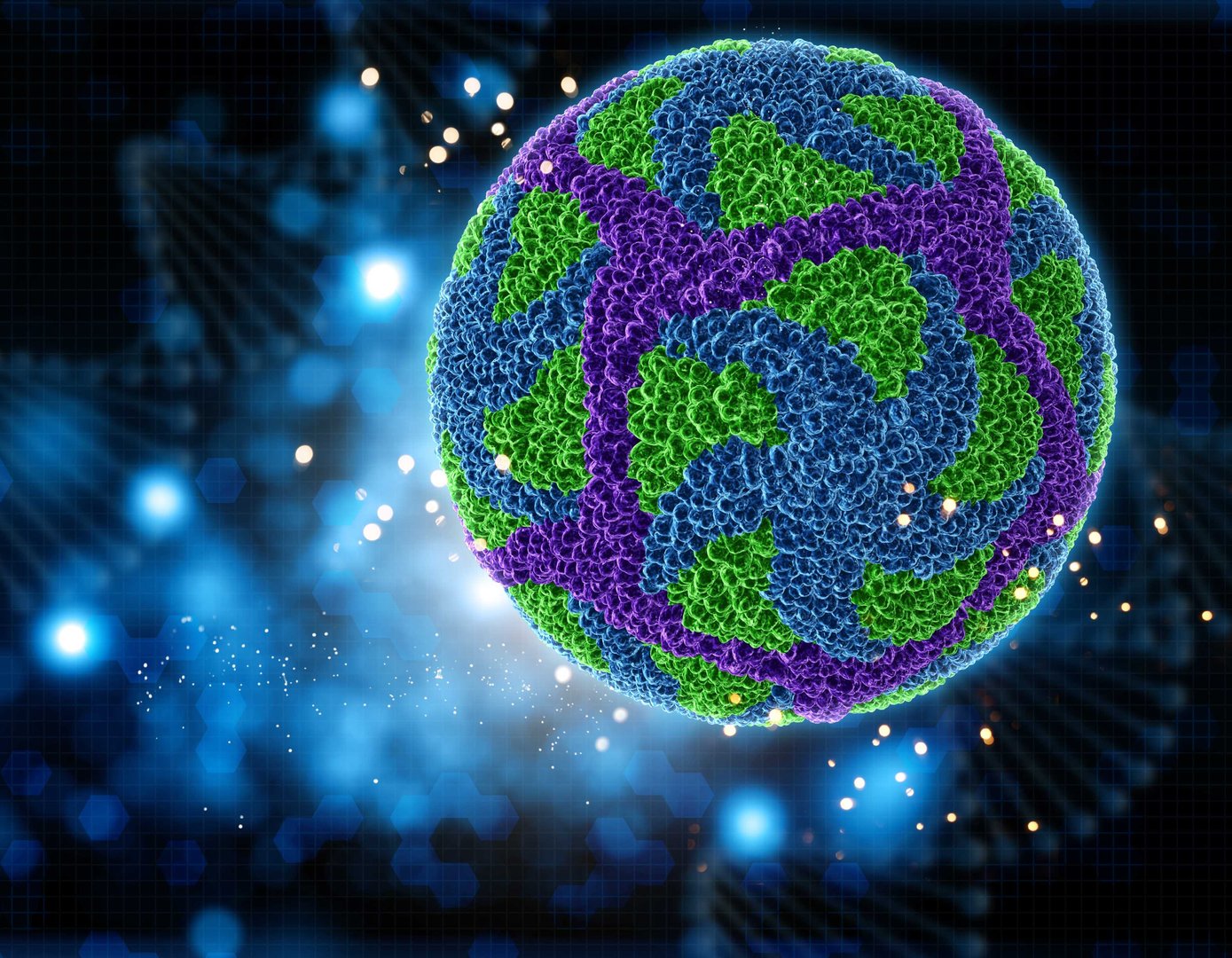Overview
India has been experiencing a rise in kidney-related ailments, mostly due to the surge in diabetes, high blood pressure, and lifestyle disorders. This speeding up of chronic kidney disease (CKD) has forced innovation and sustainable solutions with the utmost degree of urgency. Conventional techniques like dialysis and kidney transplantation, while unavoidable, provide relief for a short period or are shrouded with serious limitations. In this new era of medicine, stem cell therapy is proving to be a trailblazing option for treating kidney disease. Due to continuous Stem Cell Research and technological advancements, regenerative medicine is providing hope to thousands of Indian patients, potentially releasing them from the need for dialysis or organ transplantation. You want to connect with top doctors who provide stem cell treatment for kidney failure.
What Is Kidney Failure?
Kidney failure or end-stage renal disease (ESRD) is a severe health condition where the kidneys cannot filter out waste products, excess water, and toxins in the blood anymore. Kidney failure can either be abrupt (acute kidney failure) or more gradual over time because of chronic kidney disease. Causes of Kidney Failure:
- Diabetes (Diabetic Nephropathy): High blood sugar levels can damage the blood vessels in the kidney, which filters the blood, and this can lead to kidney failure.
- Hypertension (High Blood Pressure): High blood pressure puts extra pressure on blood vessels in the kidneys, causing them to narrow and harden over time. This pressure can impair the functioning of the kidneys.
- Polycystic Kidney Disease (PKD): Polycystic kidney disease is a genetic disease where fluid cysts develop in the kidney, gradually damaging the kidney tissues and weakening the functioning of the kidney.
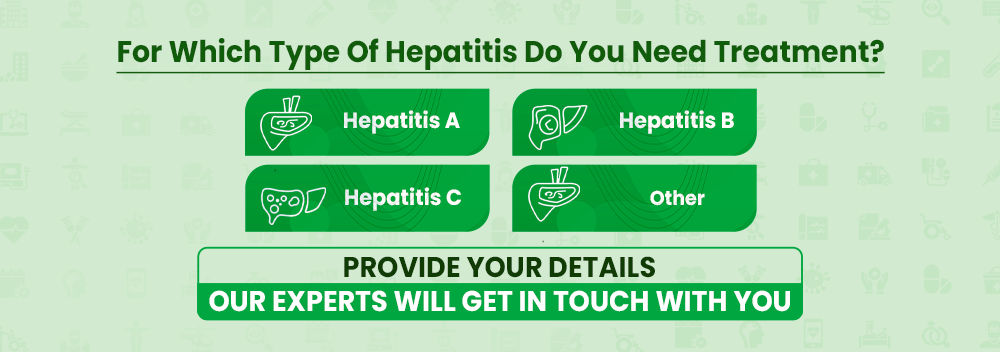
Early Signs & Signals Of Kidney Failure
Kidney disease is referred to as the "Silent Killer"; one can not see the symptoms of the disease until the damage is widespread. Therefore, it is important to consult a doctor if you see any symptoms or any warning signals. Detection and treatment follow early symptoms. Here is the list of some of the symptoms that patients frequently face.
- Leg, foot, or ankle swelling
- Reduced urine output
- Chronic weakness or fatigue
- Nausea or vomiting
- Loss of appetite
If you see any of these symptoms or any similar symptoms, then your body is giving you the signals, and you should consult a doctor at the earliest. If you are not able to visit the doctor physically, you can book an online doctor consultation with the best nephrologist in India in just a few clicks on our platform.
Historical Treatments & Their Limitations
The innovations and developments taking place in the kidney-related diseases vertical of medical science have been done in recent years and are comparatively new. Historically, there were only two treatments when it comes to kidney-related diseases.
- Dialysis: This is a treatment in which a machine removes the waste products and excess fluid from the kidneys. There are two types of dialysis, namely Hemodialysis, which is performed with the help of a machine. Peritoneal Dialysis, which is done at home done through the belly. Even, this treatment is widely used by many patients, it is very time-consuming and has a lot of physical strain on the body. One must understand that it is a temporary relief and not a permanent solution. It is a very expensive treatment in the long run.
- Kidney Transplant: This is one of the most popular treatments for kidney-related diseases. This includes replacing an ill kidney with a healthy one from a donor. Though it can be a very useful and efficient option, there is a long waiting list for transplant due to donor deficit, there is a risk of organ rejection. It is very expensive, and the post-surgery cost is very high. No guarantee even after kidney replacement.
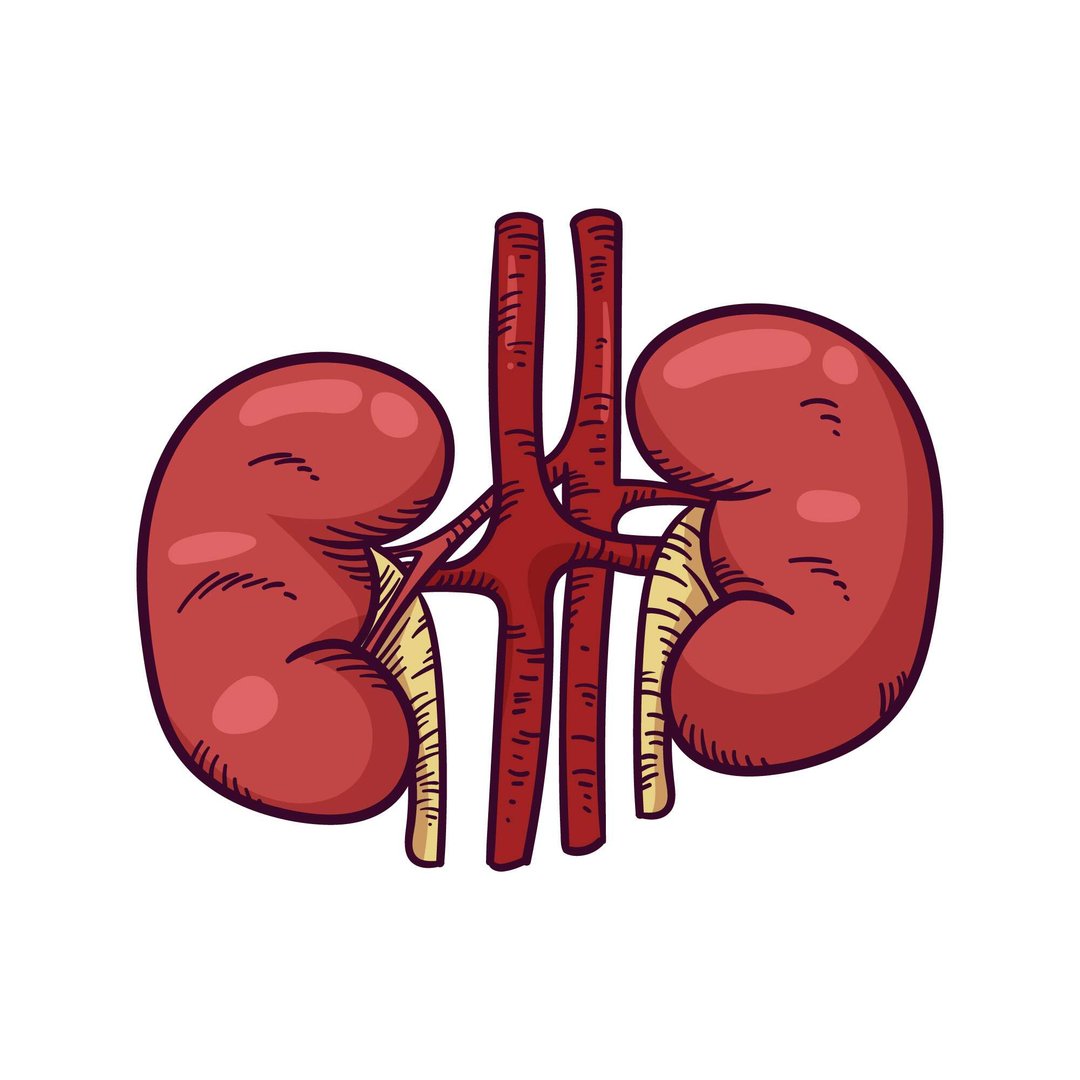
Stem Cell Therapy For Kidney-Related Diseases
Currently, there are two treatments present in the market for kidney diseases: dialysis and transplant. With the help of continuous innovation and development in the field of medical science, there is one more option of Stem Cell Therapy, which is being considered by patients. Stem cell therapy is revolutionizing the future of regenerative medicine, providing a scientific, non-invasive solution to traditional treatment. Rather than merely masking symptoms, it has the potential to restore and reconstruct damaged kidney tissues. The treatment is mainly performed with Mesenchymal Stem Cells (MSCs), which have the ability to self-renew, suppress inflammation, and initiate tissue repair.
These stem cells are obtained from Bone marrow, Adipose (fat) tissue & umbilical cord (if stored previously). After being drawn, the stem cells are infused into the patient's blood or around the kidneys, where they repair the kidney function.
Benefits Of The Treatment
The promise of stem cell treatment is immense, particularly for individuals searching for a painless and regenerative method of managing kidney disease. There are various benefits of the treatment, which are the reasons why it is considered an option by many patients. Stem cell treatment has significantly reduced dependency on dialysis. The cutting-edge technology used in the treatment helps to increase the kidney functioning and filtration rate. There are very few side effects of the treatment, and there is an increase in the energy levels of the patients. The majority of patients have improved quality of life, and at times, reversal of kidney injury, especially if therapy is initiated early.
Risks Associated
Though stem cell is a promising treatment, it is important for a patient to know the complete background of the treatment and then make an informed decision. It is important to know the potential risks associated with the treatments and set realistic expectations. Even though the treatment is recent and the latest technology is used, the outcomes are unreliable because not all patients respond in some way. There is a high risk of infections if the procedure is not done perfectly. Sometimes the disease demands repetition of the process to increase the efficacy.
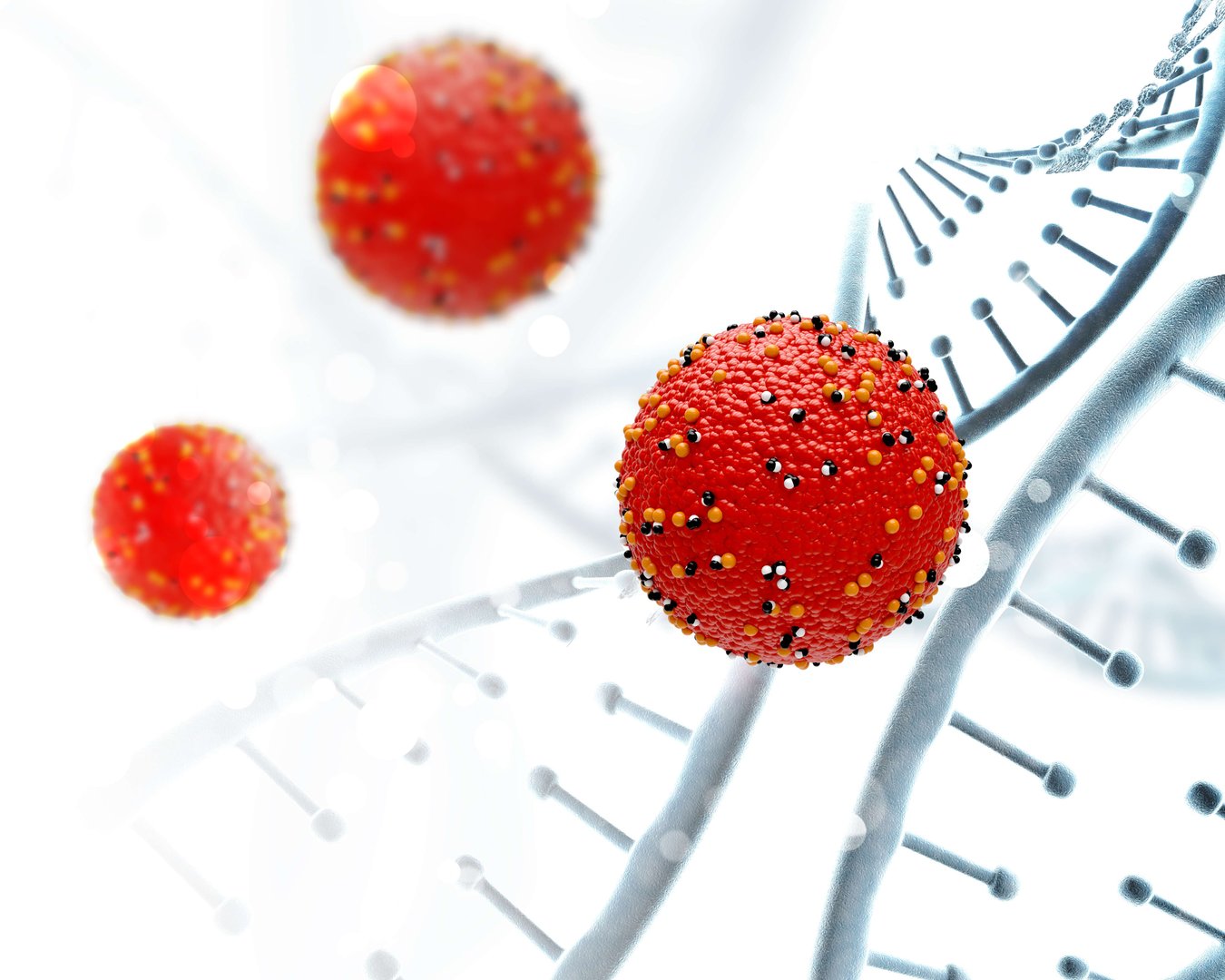
Hospitals For Stem Cell Therapy In India
Only the top hospitals in India provide stem cell treatment for kidney-related diseases. Here is the list of some of the hospitals that provide stem cell treatment:
- Apollo Hospital Delhi: Apollo Hospital is known for integrating the latest cutting-edge technology with its treatment and providing the best possible treatment to its patients. This is the reason why they have been able to win the trust of the patients. Therefore, they can provide such complex treatment to their patients with such ease.
- Fortis Hospital: Fortis Hospital in Delhi is known for providing stem cell treatment in India. Their ability to integrate stem cell treatment with all the complex treatments makes them what they are today.
- Nanavati Hospital, Mumbai: Integrating stem cells with kidney-related disease treatment is a strong suit of Nanavati Hospital; this is the reason why patients prefer Nanavati over any other hospital.
- MAX Healthcare, India: MAX Healthcare offers multiple stem cell treatments for various conditions of patients.
Cost Of The Treatment
Concerning Western nations, India provides stem cell treatment at a relatively reduced cost, and hence it is the preferred destination for foreign and national patients too. The ability of India to provide the best possible treatment at a cheaper cost compared to other nations makes India a hub for medical tourism. Here is the breakdown of the estimated cost of the stem cell treatment:
| No. | Description of the treatment | Cost (In Rupees) |
| 1 | Stem cell therapy Sessions | Rs. 3 lakhs to Rs. 8 lakhs (subject to severity and number of sessions) |
| 2 | Stem cell storage | Rs. 50,000 to Rs.100,000 (one time payment) |
| 3 | Cord blood banking | Rs. 30,000 to Rs.80,000 (annual payment) |
Even though the cost at the first level might seem high, in the long run, it is less expensive than dialysis or transplant surgeries over the decades.
Innovation & Developement
India is not only integrating stem cell therapy in their treatment, but also there is constant research going on in the field of medical science, which results in optimizing the treatment and increasing the success rate of the treatment. Biotech companies and research centers are creating next-generation protocols to make treatment more effective. Some of the highlighted innovations are mentioned below:
Apart from these, there are many more innovations taking place every day, and making stem cell therapy a safer option, which will be more efficient and will be available to more people in India and around the globe.
Summary
Stem cell therapy is no longer in the future — it is now a reality for thousands of Indian patients with kidney failure. With the potential to restore kidney function, slow dependence on dialysis, and delay disease progression, it gives life a second opportunity. If you're fighting kidney disease or in search of a greener alternative to treatment, stem cell therapy might be your miracle. Consult with established clinics, research your stem cell storage possibilities, and step closer to a healthier, dialysis-free life. India is at the forefront of the world's rush toward regenerative medicine, and stem cell treatment for kidney failure is spearheading this revolution. The efforts India is taking to develop stem cell treatment and the help it is getting from all the hospitals and institutions are just praiseworthy, and the cost at which it is providing the treatment makes India a hub for medical tourism.
